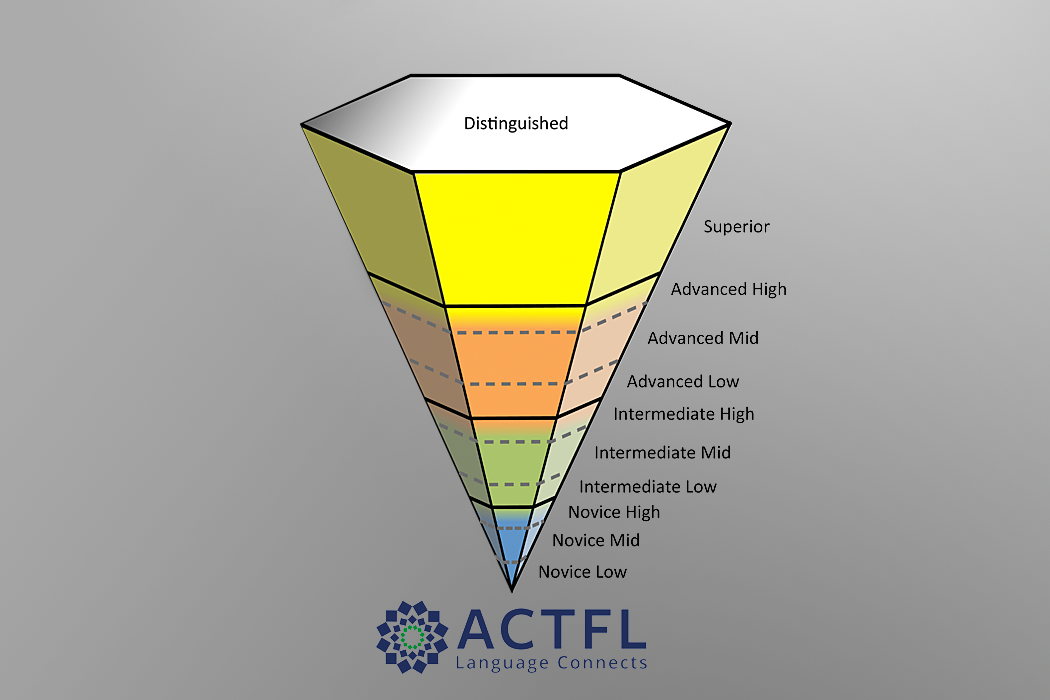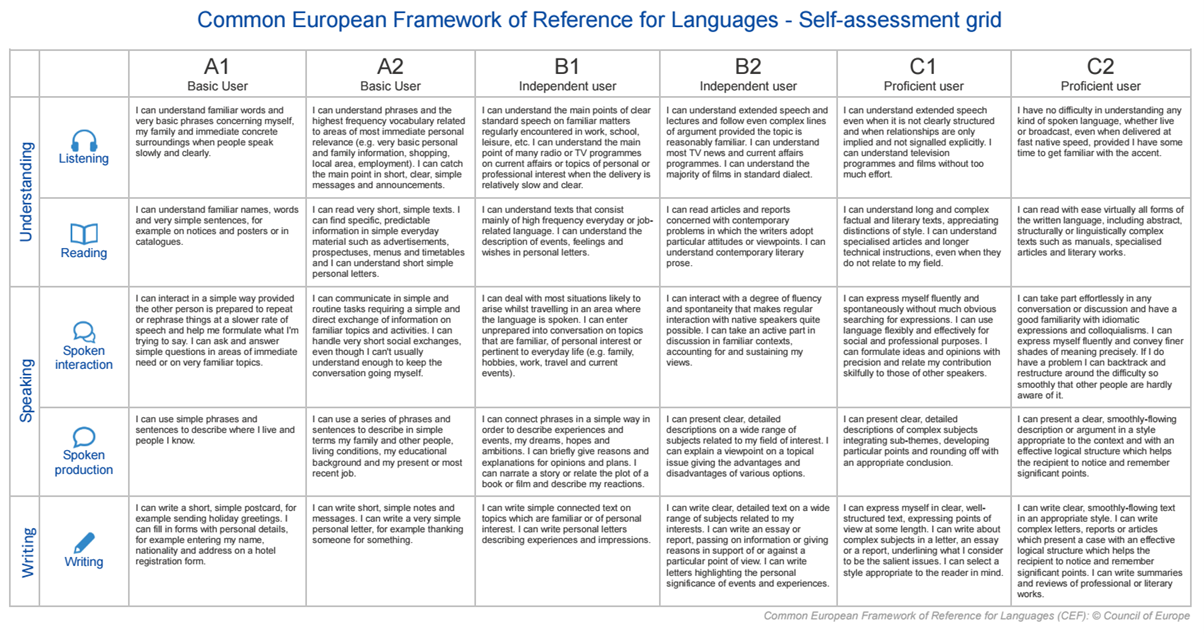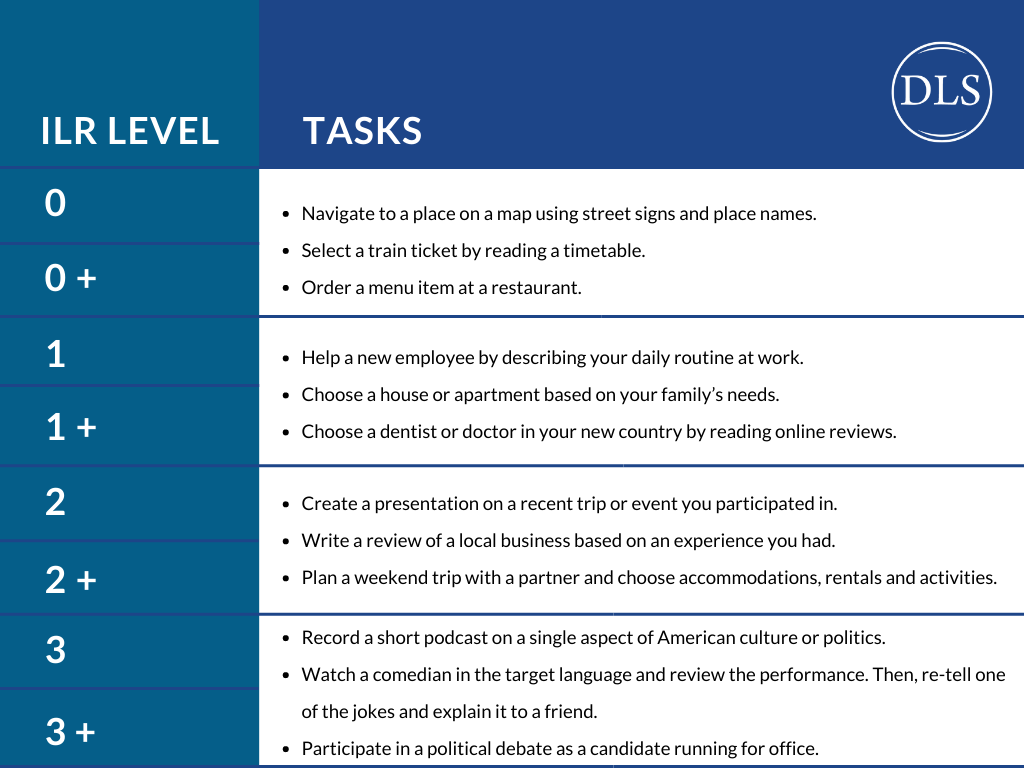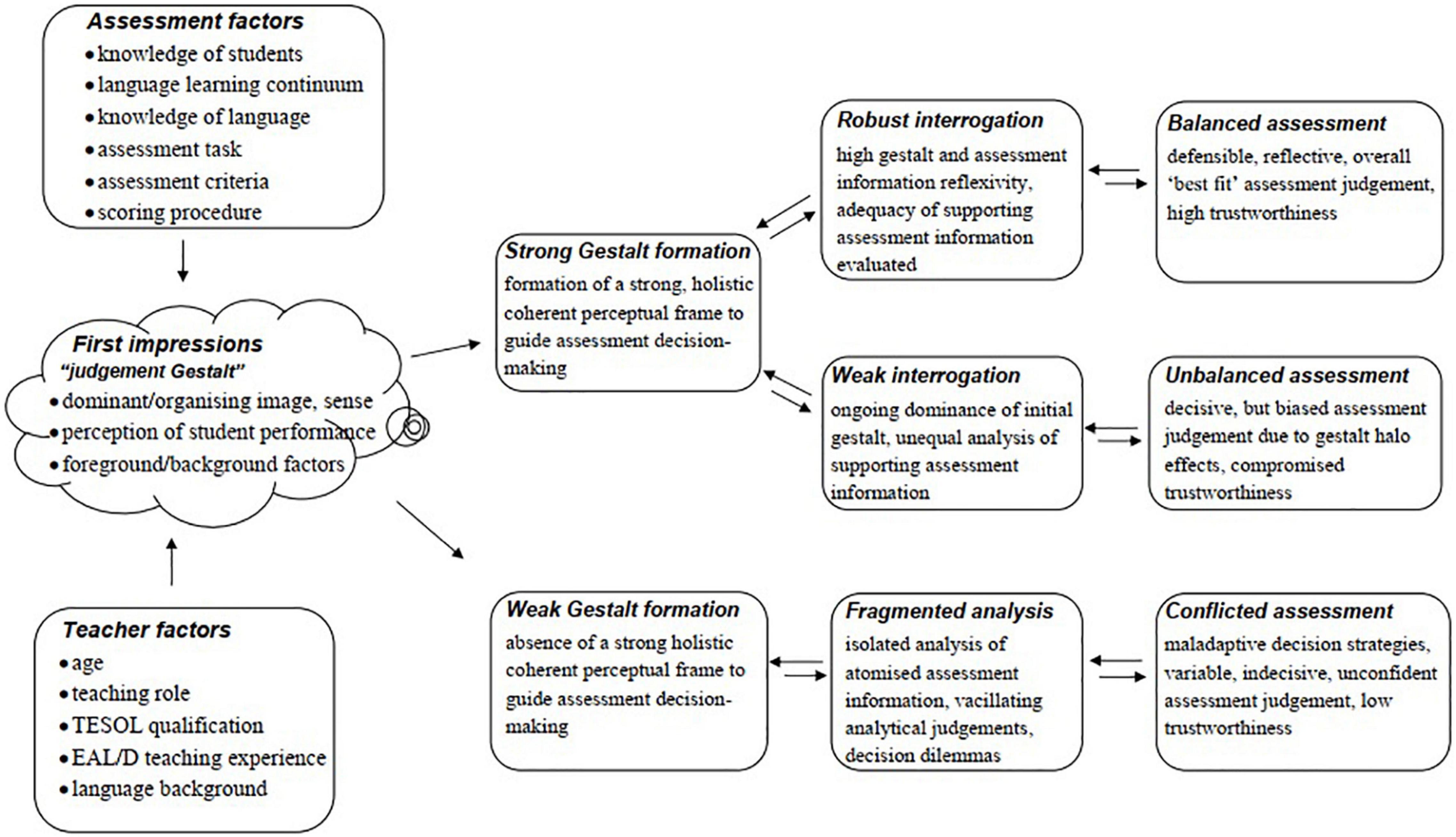Testing skills? How to test Speaking skills? What are the frameworks which supports to test the language skills?
Hello, my fellow readers,
This week I came up with another part of the ELT blog series. Today I am going to share my perspectives on how to test speaking skills. I shared my perspectives with backup theories and frameworks from notorious scholars around the world.
Speaking is a complex skill that involves a number of different components, including fluency, accuracy, pronunciation, vocabulary, and grammar. It is important to test all of these components in order to get a comprehensive assessment of a learner's speaking ability.
How to test the Speaking Skills?
There are a number of different ways to test speaking skills. One common approach is to use a rubric. A rubric is a scoring guide that lists the specific criteria that will be used to assess the learner's performance. The criteria on a rubric for speaking skills include things like fluency, accuracy, pronunciation, vocabulary, and grammar.
Another approach to testing speaking skills is to use a task-based assessment. A task-based assessment is a type of assessment that requires the learner to complete a real-world task that involves speaking. For example, the learner might be asked to give a presentation, participate in a discussion, or describe a picture.
Task-based assessments are often considered to be more authentic than rubric-based assessments because they require the learner to use their speaking skills in a real-world context. However, task-based assessments can also be more difficult to create and score.
No matter what approach is used, it is important to ensure that the speaking test is aligned with the course's learning objectives. The test should assess the specific speaking skills that the learners are expected to master.
Frameworks for Assessing Speaking Skills
There are a number of different frameworks that can be used to assess speaking skills. Some of the most common frameworks include:
- The ACTFL (American Council on the Teaching of Foreign Languages) Proficiency Guidelines: The ACTFL Proficiency Guidelines are a widely used framework for assessing language proficiency. They include a number of different levels of proficiency, from Novice to Superior. The guidelines for speaking skills include criteria for fluency, accuracy, pronunciation, vocabulary, and grammar.

- The Common European Framework of Reference for Languages (CEFR): The CEFR is another widely used framework for assessing language proficiency. It includes a number of different levels of proficiency, from A1 to C2. The guidelines for speaking skills include criteria for fluency, accuracy, interaction, and discourse.

- The ILR (Interagency Language Roundtable) Scales: The ILR Scales are a framework for assessing language proficiency that is used by the US government. They include a number of different levels of proficiency, from 0 to 5. The guidelines for speaking skills include criteria for fluency, accuracy, comprehension, and production.

These are just a few of the many frameworks that can be used to assess speaking skills. The best framework to use will depend on the specific needs of the learners and the context in which the assessment is being conducted.
References for Assessing Speaking Skills
There are a number of different resources that can be used to learn more about assessing speaking skills. Some of the most notable references include:
- Assessing Second Language Speaking: Theory and Practice by Michael Long: This book provides a comprehensive overview of the field of assessing speaking skills. It covers topics such as the different components of speaking, the different approaches to assessing speaking, and the challenges of assessing speaking.

- Teaching and Assessing Speaking by Rebecca Oxford: This book provides practical advice on teaching and assessing speaking skills. It includes chapters on topics such as planning speaking lessons, selecting speaking activities, and providing feedback on speaking.

- The Handbook of Second Language Assessment edited by Fred Davidson: This handbook provides a comprehensive overview of the field of second language assessment. It includes chapters on topics such as the different types of second language assessments, the principles of second language assessment, and the challenges of second language assessment.

These are just a few of the many resources that are available on the topic of assessing speaking skills. By using these resources, educators can learn more about assessing speaking skills in a fair and accurate way.
Conclusion
Testing speaking skills is an important part of language assessment. By using a variety of approaches and frameworks, educators can get a comprehensive assessment of a learner's speaking ability. This information can then be used to inform instruction and help learners improve their speaking skills.

Comments
Post a Comment